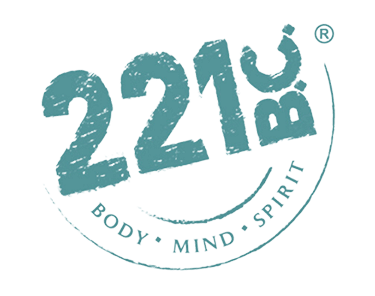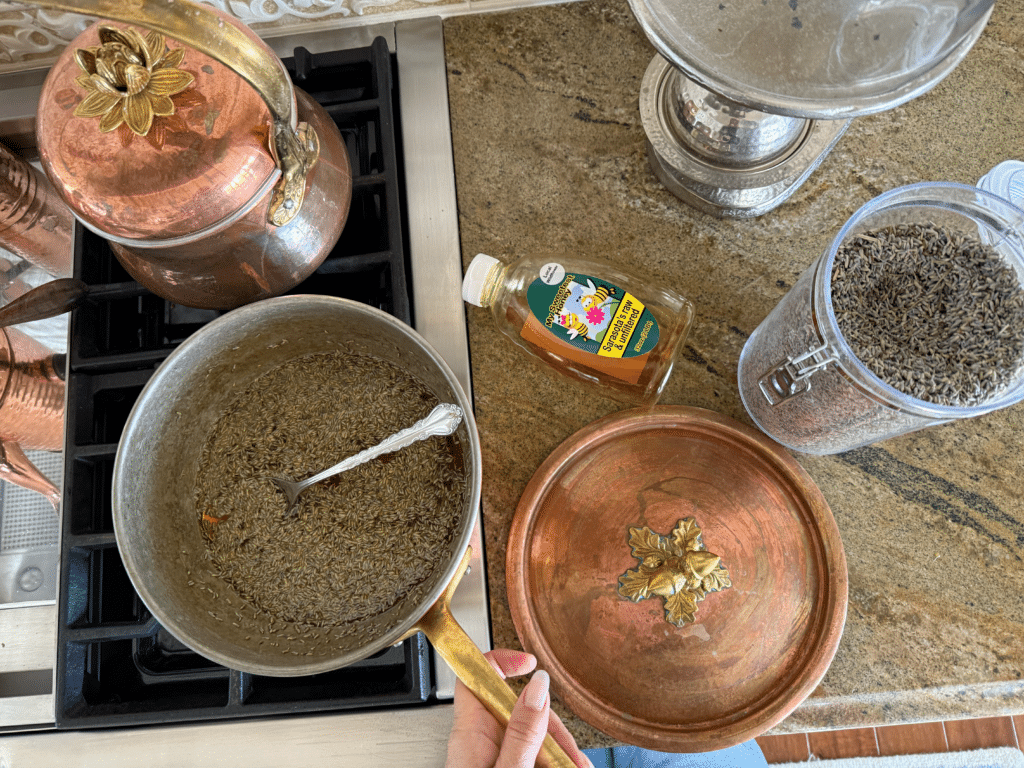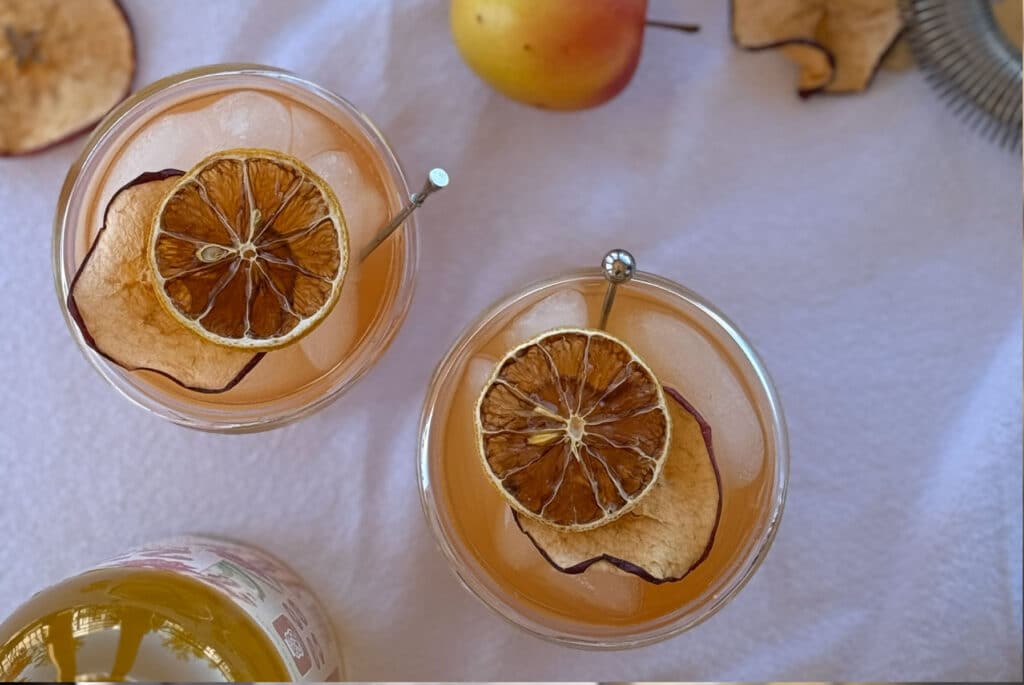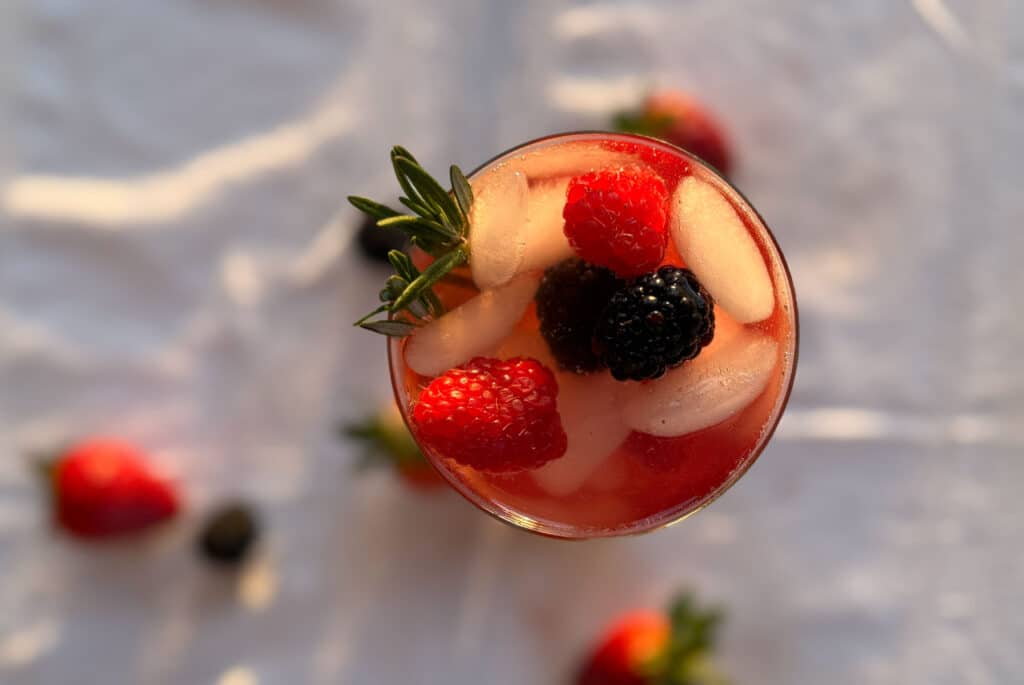In my last journal entry, I asked whether it’s really water we’re thirsty for. Hydration, as important as it is, tells only part of the story. We didn’t always call it hydration. For most of history, people simply drank — a cup of tea, a ladle of broth, water from the well, a jar of kompot. The act was ordinary, woven into meals and moments. The word “hydration” came later, borrowed from chemistry, pulled into medicine, and eventually marketed back to us as something to measure, optimize, and buy. We stopped speaking about drinks as food, as comfort, as ritual — and started speaking as though every sip were a clinical task. But drinking has always been more than that.
Here are the drinks that shape my own days — simple, real, and rooted in tradition.
Herbal Teas: Leaves for Medicine
Herbal teas have carried families through centuries. Lavender in the evening to quiet the mind. Mint after meals to steady digestion. Chamomile to invite rest. Nettle to build strength. These are not new discoveries; they are reminders of what has always been within reach.
Ezekiel describes this kind of provision with clarity: “The fruit thereof shall be for meat, and the leaf thereof for medicine” (Ezekiel 47:12). When I steep herbs, I don’t think of it as mere hydration. It is water, yes, but water that carries healing — a cup that strengthens both body and spirit.
Fermented Drinks: Alive and Balancing
Kombucha, water kefir, and ginger beer appear on my table almost every day. They are quick ferments, naturally effervescent, carrying healthy acids and living cultures that refresh in a way plain water never quite can.
Kombucha, especially, has taught me something about rhythm. It reaches its vitality between seven and fourteen days, a window when it is active and balanced. Wait too little, and the drink is unfinished. Wait too long, and its energy fades. Every bottle is a reminder that health often lives in balance, not extremes.
Sweetened Teas: The Wisdom of Sweetness
Sharpness and bitterness have always been tempered with sweetness. Across centuries and cultures, tea was balanced with honey, date sugar, or simply cane sugar. These ingredients were never enemies of health — used in moderation, they were companions, helping the body accept what might otherwise be too harsh.
“My son, eat honey, because it is good; and the honeycomb, which is sweet to your taste: so shall the knowledge of wisdom be unto thy soul” (Proverbs 24:13).
I often add a spoon of honey to morning tea, or stir a little plum or raspberry confiture into hot water in the afternoon — rituals that restore me, not because they are fashionable, but because they belong to a lineage of practices that have endured.
Fruit Brews: Hydration with Depth
I often choose fruit brews over plain water. Cranberries simmer into a tart drink that supports immunity. Rosehips steep into a bright, vitamin-rich tea I lean on in fall and winter. Sometimes I add dried jujube dates or goji berries, letting them release gentle sweetness and calm into the cup.
These drinks do more than quench thirst. They carry minerals, acidity, and comfort — qualities that help me feel nourished, not just hydrated. They remind me that even something as ordinary as drinking can be seasonal and alive.
What’s next:
If you’re curious where to begin, start small. Brew mint after dinner. Simmer cranberries into a tart tea. Add honey to your morning cup. Open a bottle of kombucha with dinner. These small rituals, repeated over time, become more than hydration. They become part of how we live well and how we raise the next generation.









